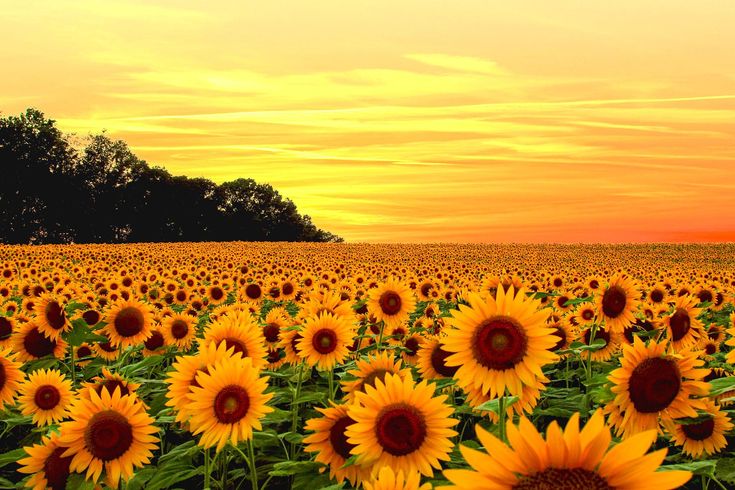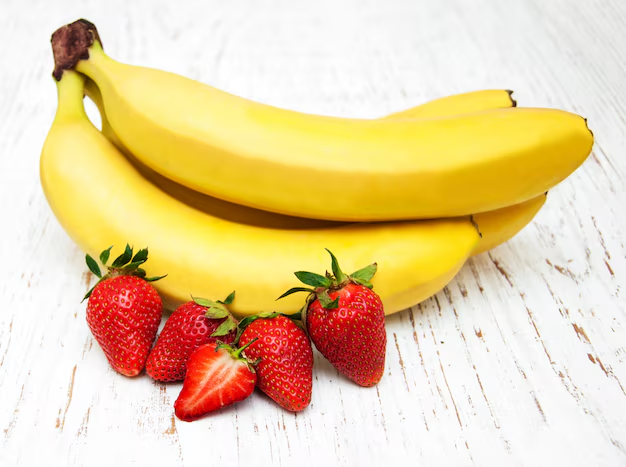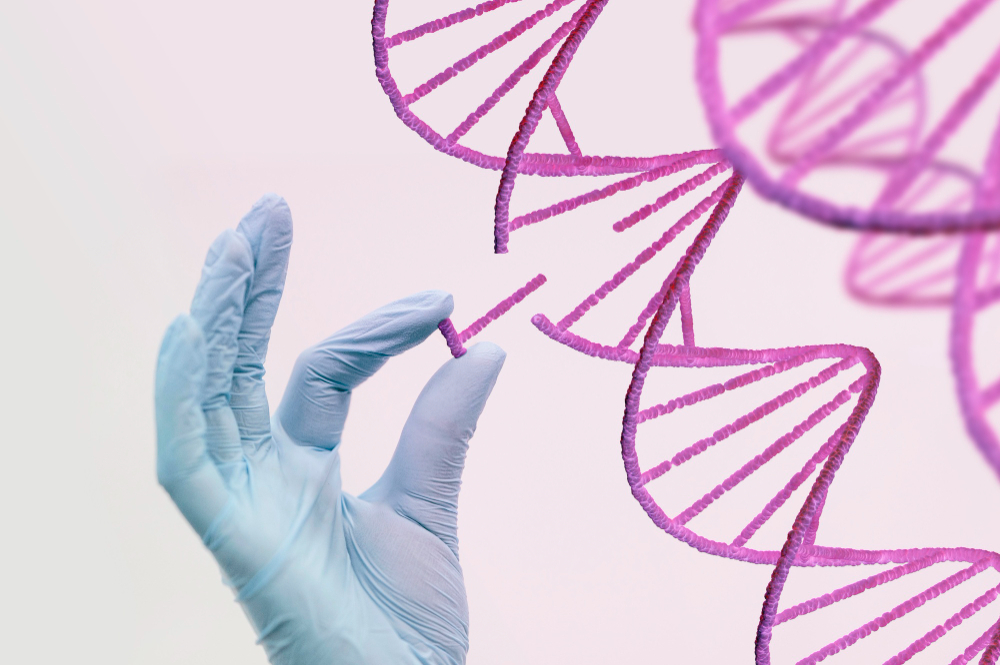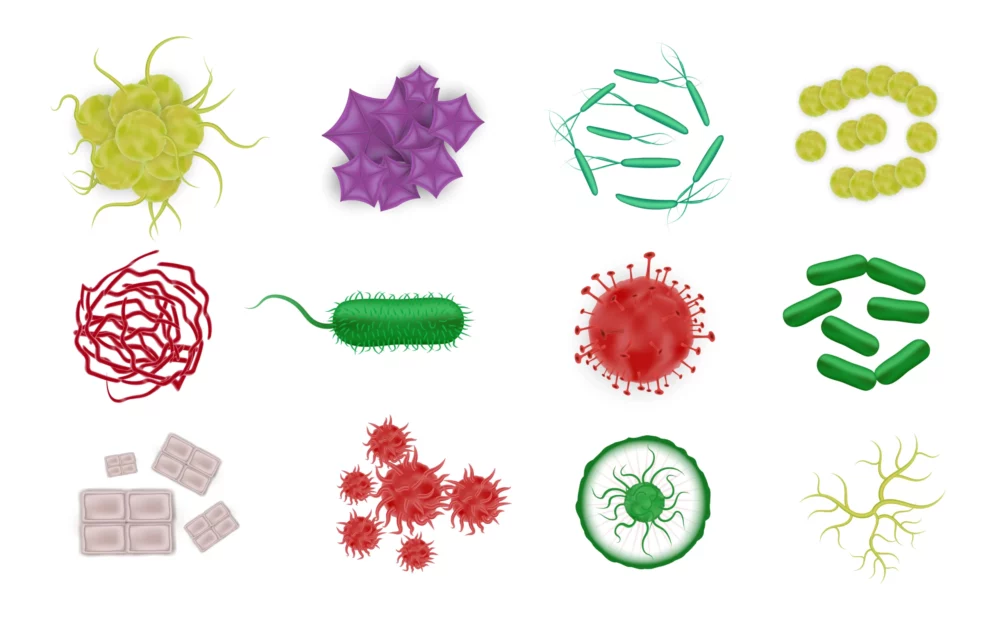Category: Biology

The Impact of Climate Change on U.S. Ecosystems
Climate change is one of the most pressing environmental challenges of our time, and its effects on U.S. ecosystems are profound. Rising temperatures, extreme weather events, shifting precipitation patterns, and rising sea levels are all altering the natural balance of forests, wetlands, grasslands, and marine environments. These changes threaten biodiversity, disrupt food chains, and impact…

Did You Know? Octopuses Have Three Hearts & Blue Blood!
Did You Know? Octopuses Have Three Hearts & Blue Blood! 🐙💙 The ocean is full of incredible and mysterious creatures, but few are as fascinating as the octopus. These intelligent, shape-shifting masters of disguise are already mind-blowing, but here’s something even crazier—they have three hearts and blue blood! 🤯🌊 Yes, you read that right! Octopuses…

Did You Know? Your Stomach Gets a New Lining Every Few Days!
Did You Know? Your Stomach Gets a New Lining Every Few Days! 🤯 The human body is full of mind-blowing features, and your stomach is no exception! One of the most fascinating facts about the stomach is that it replaces its lining every 3 to 4 days! But why does this happen? And what would…

Did You Know? Sunflowers Follow the Sun… Until They Don’t!
Sunflowers are more than just beautiful yellow blooms that brighten up fields and gardens. These incredible plants have a fascinating behavior that has amazed scientists and nature lovers for centuries—they follow the sun as it moves across the sky! 🌻☀️ But here’s the surprising part: once they mature, they stop moving! 😲 Let’s dive into…

Bananas Are Berries, But Strawberries Aren’t? Here’s Why!
Bananas Are Berries, But Strawberries Aren’t? Here’s Why! 🍌🍓 Nature is full of surprises, and fruits are no exception! You might think you know what a berry is, but science tells a different story. While we often call strawberries, raspberries, and blackberries berries, they actually aren’t true berries! However, bananas, cucumbers, and even eggplants are.…

Enzyme Function Cheat Sheet
Enzyme Function Cheat Sheet: Understanding the Catalysts of Life 🧬💡 Enzymes are the unsung heroes of biological processes. They speed up (catalyze) chemical reactions, making them essential for life. Without enzymes, many vital processes in our bodies would be too slow to sustain life. This cheat sheet will help you understand the key components of…

Immune System Cheat Sheet
Immune System Cheat Sheet: Defending the Body from Harm 🛡️🦠 Our body is constantly under attack from harmful pathogens like bacteria, viruses, and fungi. But don’t worry — we have a powerful defense system known as the immune system, which is always at work to protect us. In this blog, we’ll break down the essential…

Plant Anatomy Cheat Sheet
Plant Anatomy Cheat Sheet: A Guide to the Essentials of Plant Structure 🌱🌿 Plants are the foundation of life on Earth. From the tiniest moss to the tallest trees, plants provide oxygen, food, and shelter for countless organisms. Understanding plant anatomy is key to appreciating their vital role in nature. In this blog, we’ll break…

Evolution and Natural Selection Cheat Sheet
Evolution and Natural Selection Cheat Sheet: Understanding the Power of Change in Nature Evolution is one of the most fundamental concepts in biology, explaining how species change over time. At the core of this process lies natural selection, a mechanism that drives evolution. To help you grasp the essentials, here’s a cheat sheet breaking down…

General Q&A part-6
State two features of the gas exchange surface in humans? The gas exchange surface in humans primarily refers to the respiratory system, where the exchange of oxygen and carbon dioxide takes place. Two essential features of the gas exchange surface in humans are: Large Surface Area: The gas exchange surface in humans, which includes the…

DNA Replication
DNA replication is a fundamental process in biology that ensures the faithful duplication of genetic information. It involves multiple steps and a variety of enzymes and proteins working together to ensure accuracy. Here’s a more in-depth breakdown of the process: Initiation: DNA replication begins at specific sites on the DNA molecule known as origins of…

Reproduction in Organisms
Reproduction is a fundamental biological process that ensures the continuation of life on Earth. It is a fascinating and diverse field of study, as organisms have evolved a wide range of strategies to reproduce and pass on their genetic material to the next generation. In this educational blog, we will explore the various mechanisms of…









